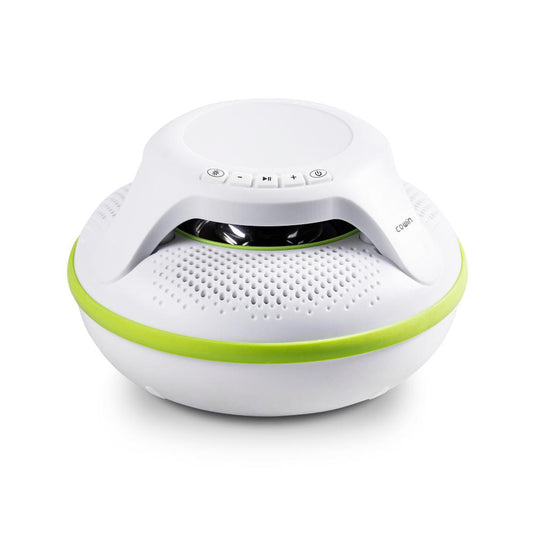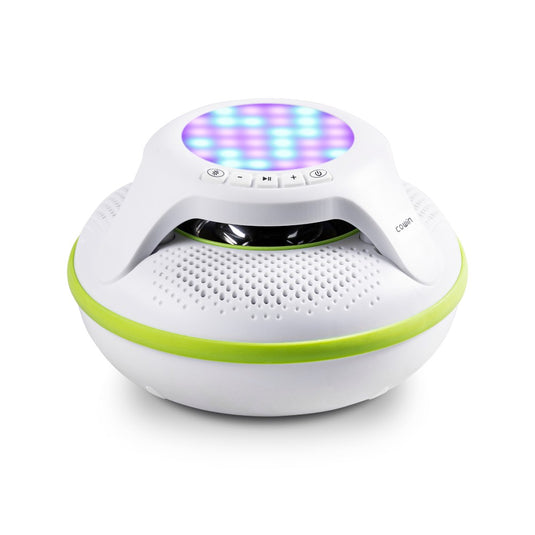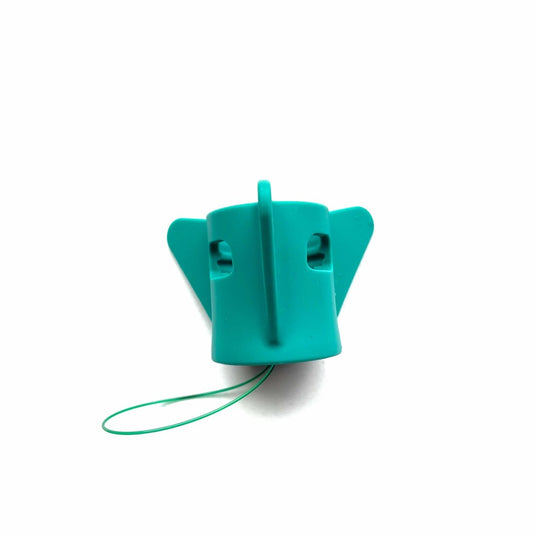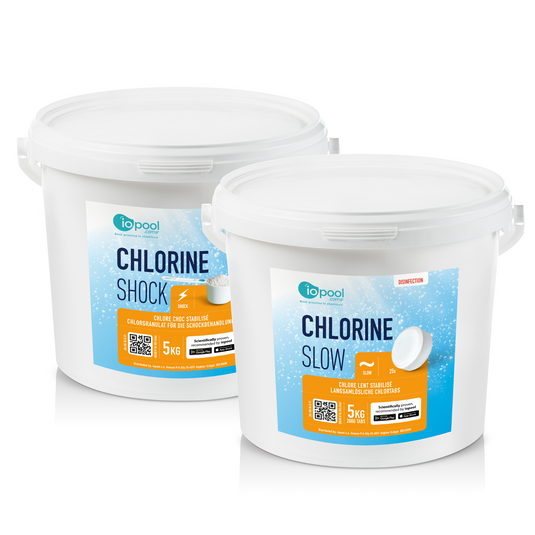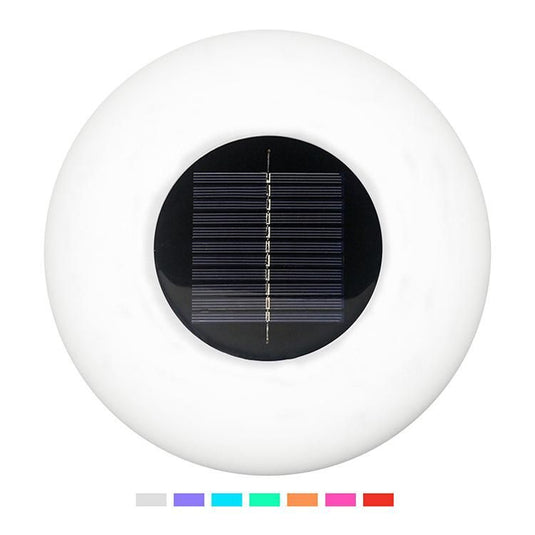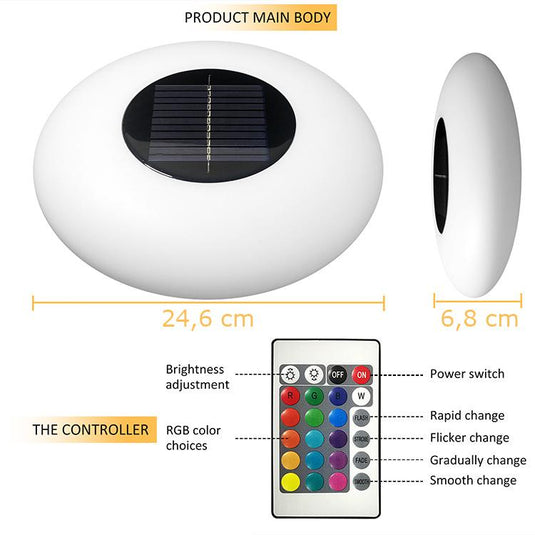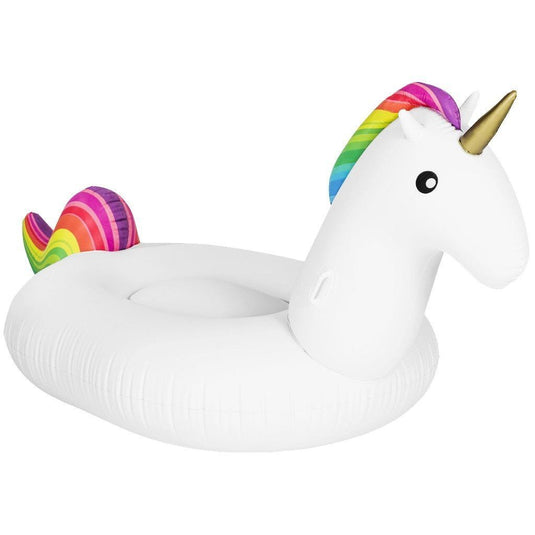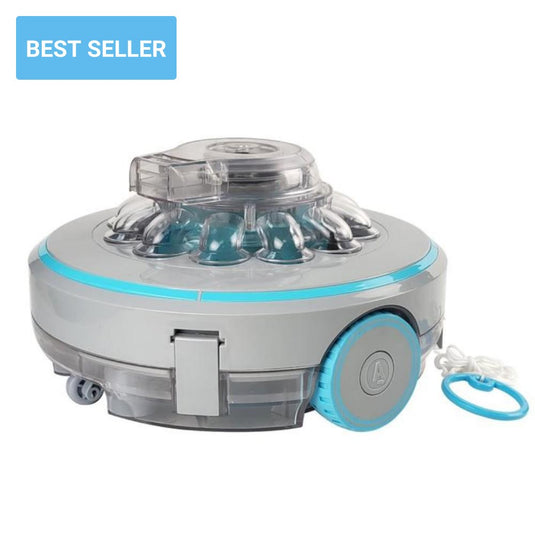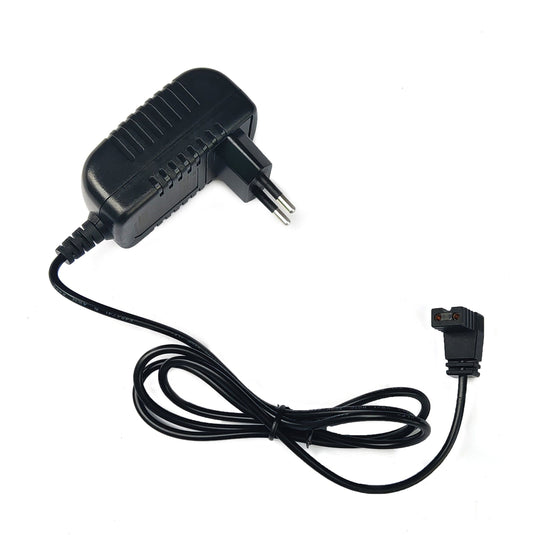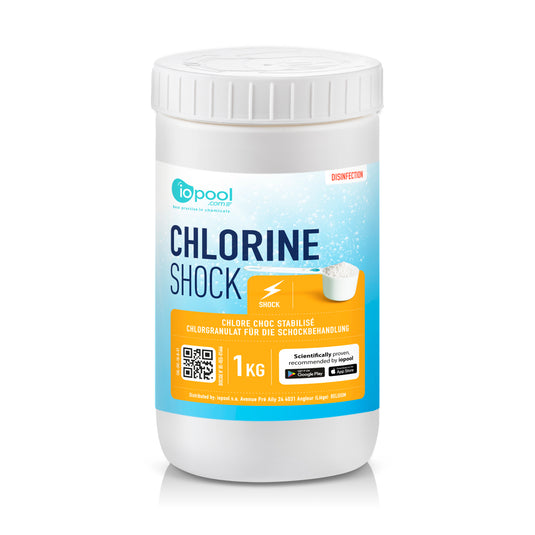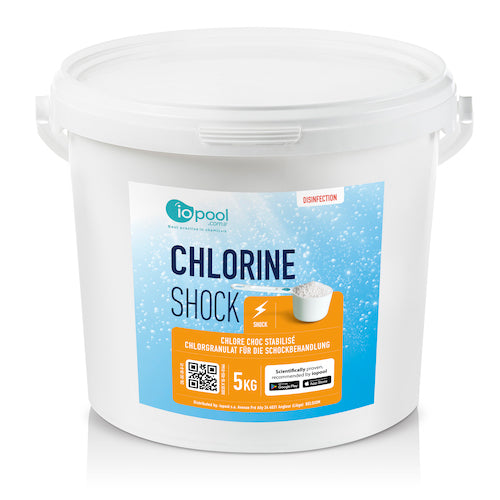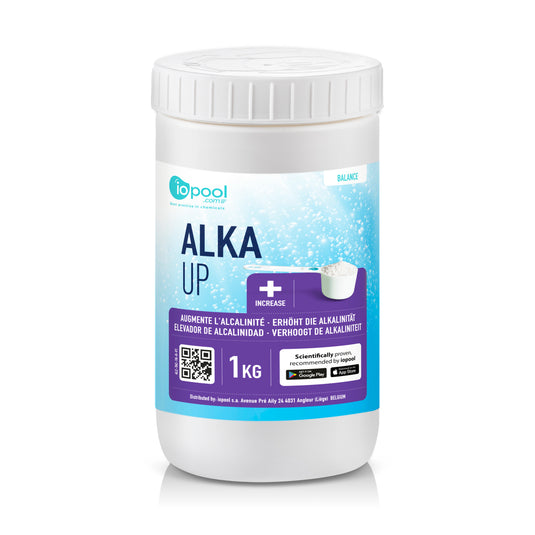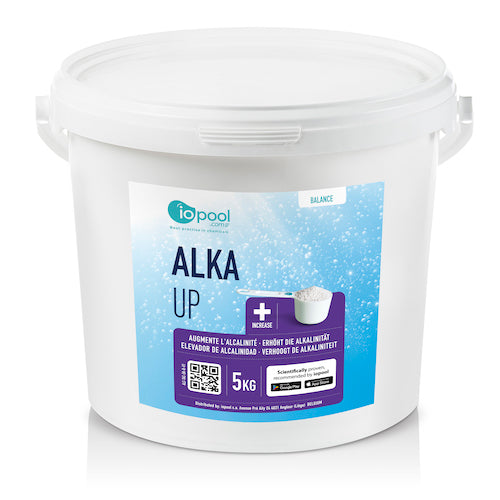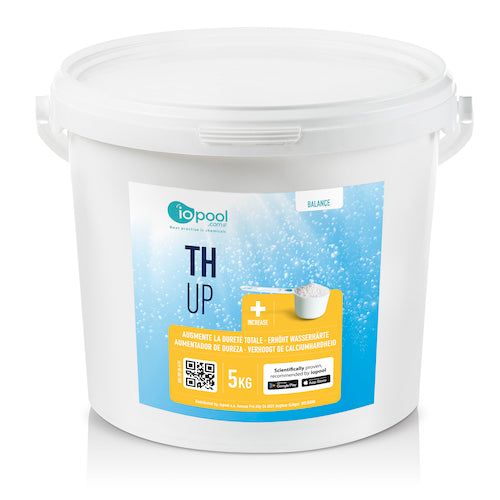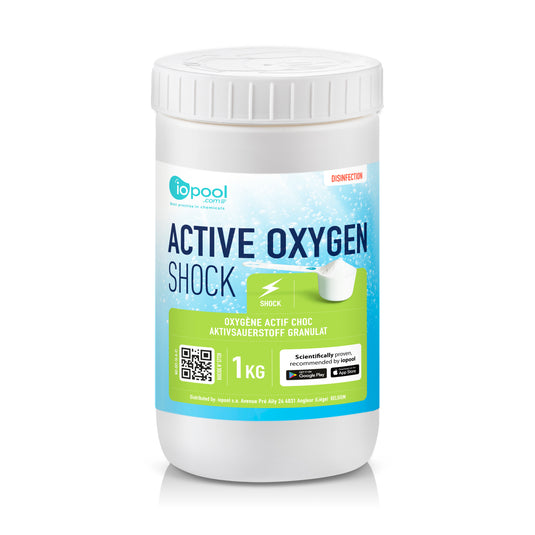High Alkalinity in Pools: Why It Is a Problem & How to Solve It
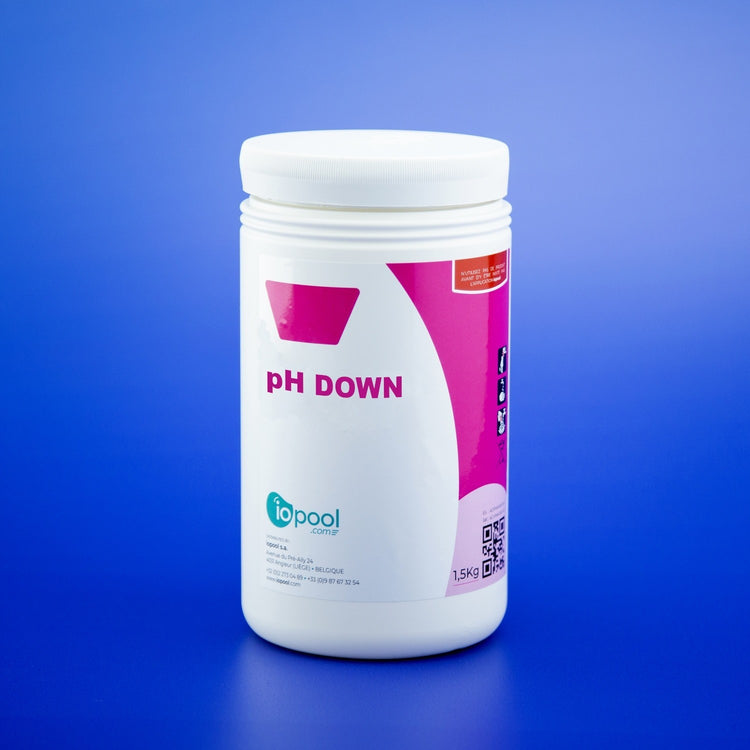
High alkalinity in pools can lead to problems. When the level is too high it will create an imbalanced pH level, which will then create calcium levels that are too high as well. The problem with high calcium levels it that it will cause cloudy water, clogged filters, scale build-up, and can irritate your skin and eyes. Let’s go over what water alkalinity is and how to lower it to a normal level.
What is alkalinity?
According to USGS, alkalinity is the buffering capacity of a water body; a measure of the ability of the water body to neutralize acids and bases and thus maintain a fairly stable pH level.
Alkalinity is not a chemical in the water, but, it is a property of water that is dependent on the presence of certain chemicals within the water such as bicarbonates, carbonates, and hydroxides.
The recommended range for a swimming pool's total alkalinity is between 80 and 120 parts per million. The most straightforward way to mesure it is using a test strip.
How to lower it?
As soon as you notice a high alcalinity (>180 ppm), you need to treat it right away. The most commonly used and efficient product to lower alkalinity is Ph down, Ph -. Here is the link to our iopool product.
pH Down, known as dry acid, will lower your pH. The recommended pH for pool water is within the range of 7.2 to 7.6 or slightly on the alkaline side, preferably about 7.2.
Alkalinity (pH) or acidity of swimming pool water can easily be measured by using your chemical test strip. The amount required is based on the number of gallons of water in the pool and the amount of alkalinity in the water.
How about low alkalinity?
Low alkalinity (<80 ppm) is also a common issue faced by pool owners. Low alkalinity water is considered acidic. Acidic water is corrosive and will damage the walls of your pool, as well as filters, for example. It will also be uncomfortable for swimmers since it irritates the eyes, nose, and skin.
Note that a common reason your water’s alkalinity will drop is heavy rain. Rainstorms can alter the swimming pool’s pH level since rain water itself is acidic.
Fortunately, there is a way to correct that. An Alkalinity Booster (or TAC+) will increase the alkalinity of your water without adding unwanted chemicals. Discover our product in our online shop!

